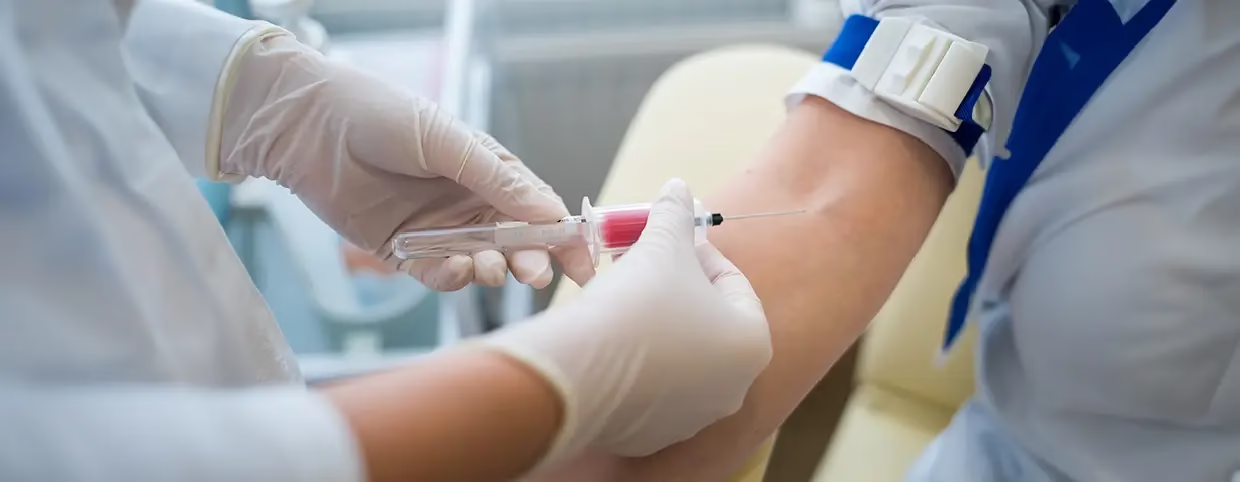Potassium is a vital mineral and electrolyte that plays an essential role in nerve function, muscle contractions, and heart health. When potassium levels in the blood drop below normal, the condition is known as hypokalemia.
Often overlooked, hypokalemia can cause a wide range of health issues — from mild muscle cramps to serious heart rhythm disturbances. Understanding the signs of potassium deficiency, the causes of low potassium levels, and the potential risks is key to preventing complications.
What is Hypokalemia?
In simple terms, hypokalemia means low potassium levels in the blood — generally below 3.5 mmol/L. Even a slight potassium deficit can disrupt body function, as potassium is required for:
- Transmitting nerve signals
- Contracting muscles (including the heart)
- Balancing fluids and electrolytes
- Regulating blood pressure
Without enough potassium, the body struggles to maintain balance, which may lead to dangerous consequences.
Signs of Potassium Deficiency
The lack of potassium symptoms can range from subtle to severe. Watch for these hypokalemia symptoms:
- Muscle weakness or cramps
- Fatigue and low energy
- Constipation or sluggish digestion
- Tingling or numbness in the hands and feet
- Irregular heartbeat (palpitations)
- Shortness of breath in severe cases
In many cases, people dismiss these signs as everyday tiredness — but they may signal a deeper potassium imbalance.
Causes of Low Potassium Levels
Several factors can lead to hypokalemia:
- Poor Diet – Skipping potassium-rich foods like fruits and vegetables can cause deficiency.
- Excessive Fluid Loss – Vomiting, diarrhea, or heavy sweating drains potassium.
- Medications – Diuretics and some antibiotics can trigger potassium loss.
- Chronic Illness – Kidney disease, diabetes, and hormonal imbalances may disrupt potassium balance.
- Alcohol Use – Long-term alcohol consumption reduces the body’s ability to absorb and retain potassium.
Effects of Potassium Deficiency on the Body
The effects of potassium deficiency impact almost every system:
- Muscles and Nerves: Weakness, spasms, and tingling occur when potassium levels are low.
- Digestive Tract: Constipation and bloating may result from slowed muscle contractions.
- Kidneys: Potassium helps balance fluids, so deficiency may lead to dehydration.
- Heart: Perhaps the most dangerous impact is the potassium effect on the heart. Low potassium can trigger arrhythmias, increase blood pressure, and raise the risk of heart failure.
Severe hypokalemia can even be life-threatening if untreated.
Consequences of Potassium Deficiency
Ignoring hypokalemia can lead to long-term health issues, including:
- Persistent muscle weakness
- Increased risk of osteoporosis (due to calcium imbalance)
- High blood pressure
- Chronic fatigue
- Higher risk of heart disease and stroke
The consequences of potassium deficiency are not limited to discomfort — they can drastically shorten life expectancy if left unmanaged.
Preventing and Managing Hypokalemia
The good news is that mild low potassium can often be corrected with diet and lifestyle adjustments.
Potassium-Rich Foods to Add:
- Bananas 🍌
- Avocados 🥑
- Spinach and leafy greens 🥬
- Sweet potatoes 🍠
- Beans and lentils 🫘
- Oranges and citrus 🍊
- Coconut water 🥥
Fun Fact: A single baked potato provides more potassium than a banana!
When Medical Support is Needed
In cases of severe hypokalemia, doctors may recommend:
- Oral potassium supplements
- IV potassium (for dangerously low cases in hospital)
⚠️ Never self-prescribe supplements without medical advice. Too much potassium (hyperkalemia) is equally harmful and can cause heart complications.
Final Thoughts
Hypokalemia is more than just a medical term for low potassium — it’s a condition that can silently weaken muscles, disrupt nerve function, and put your heart at serious risk.
By recognizing the signs of potassium deficiency, understanding the causes of low potassium levels, and making diet and lifestyle changes, you can prevent the consequences of potassium deficiency and protect your long-term health.
A balanced body starts with balanced electrolytes. Support your potassium intake today, and your body — especially your heart — will thank you tomorrow.
